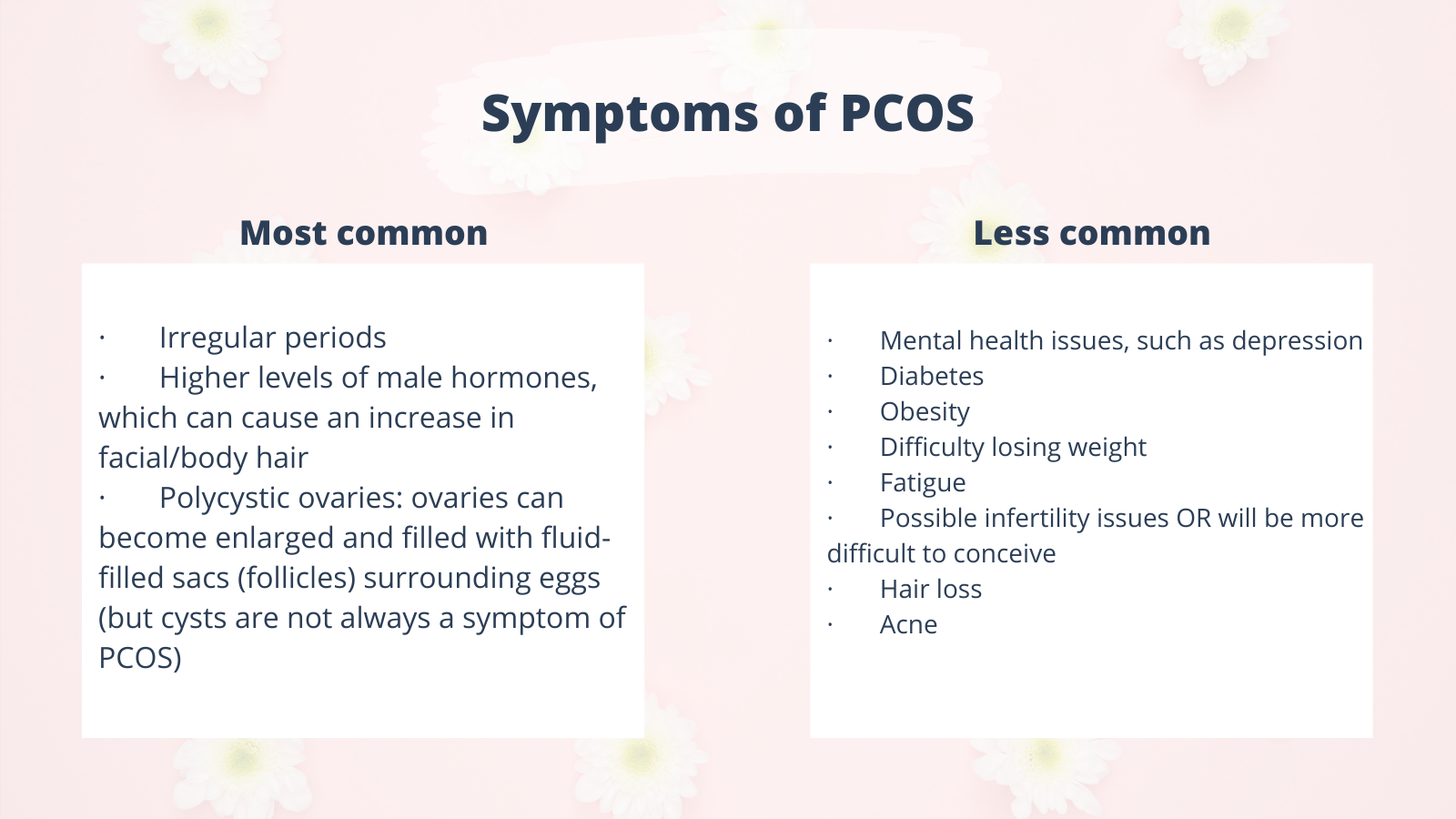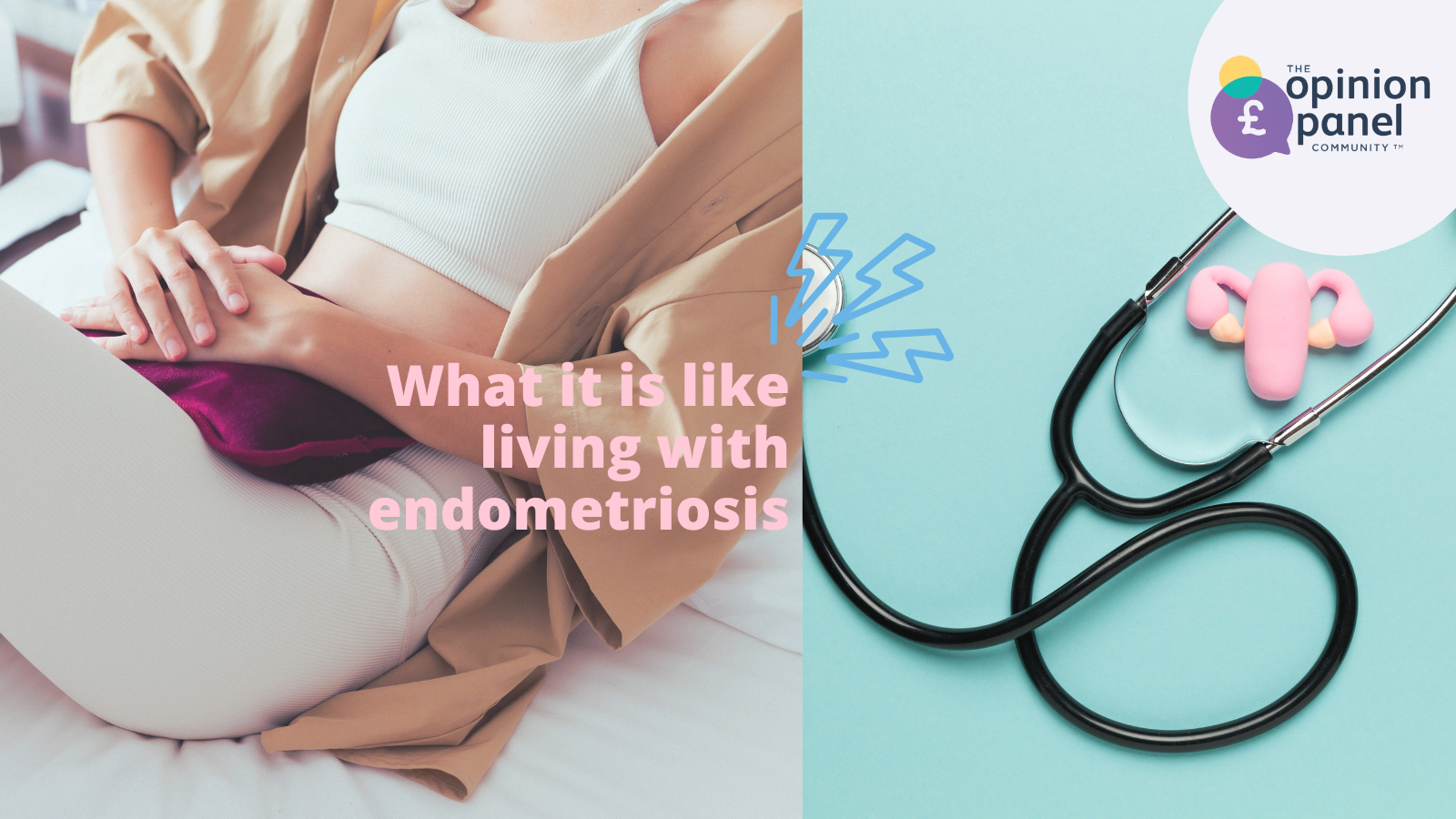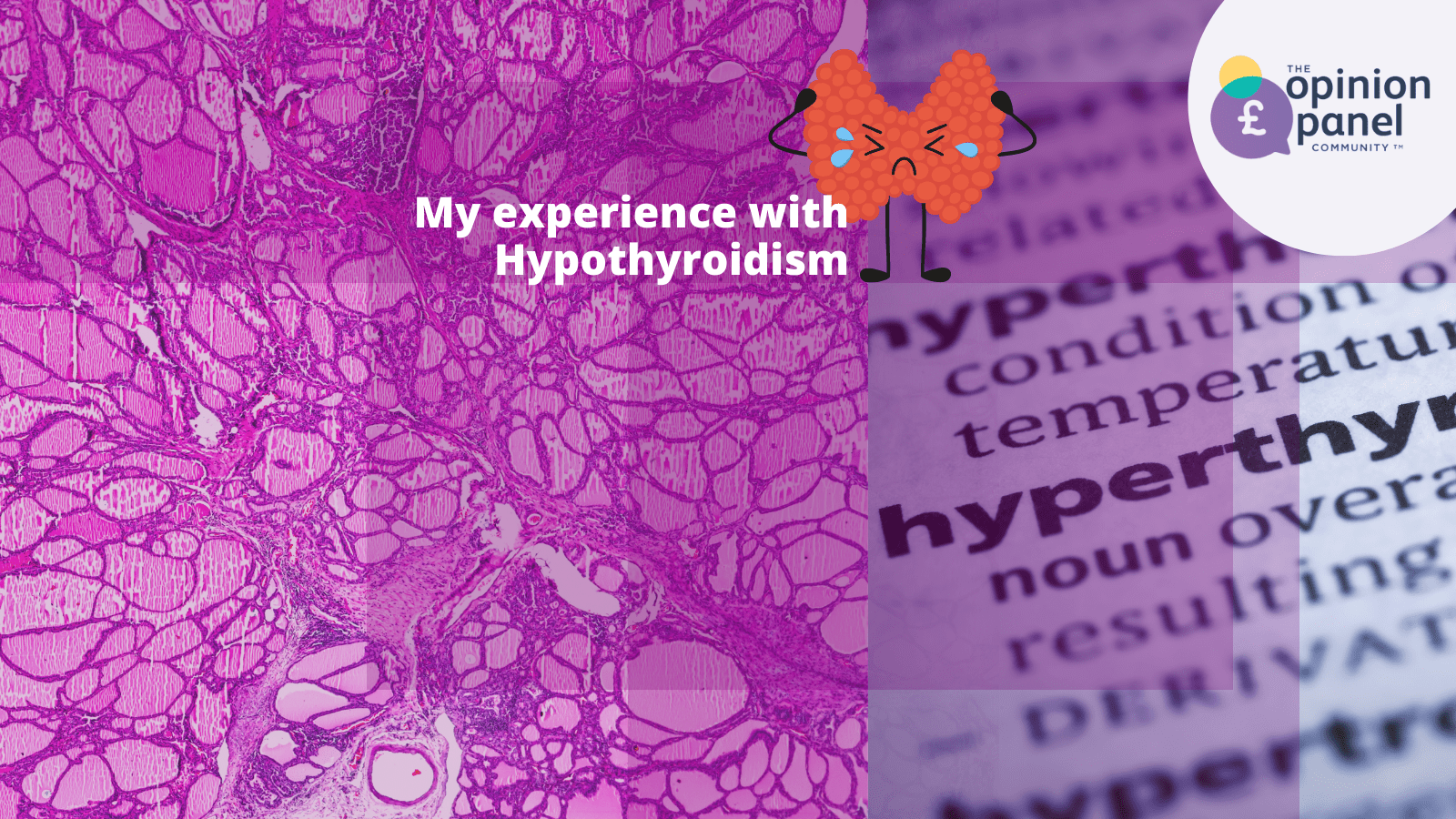
Having PCOS means doing my own research: we need more support and information. Polycystic Ovarian Syndrome (PCOS) is an invisible illness affecting approximately 1 in 10 women in the UK, according to the NHS website. I was diagnosed with PCOS when I was pretty young.
Having started my period at nine years old. My periods had always been irregular and after being on it for a month in either year ten or eleven, I was sent for blood tests and an ultrasound, where the doctor confirmed what my GP thought it was: PCOS, an illness without a cure.

In my blog post, I complained about the lack of information from doctors regarding PCOS, and the lack of support. We’re prescribed contraceptive pills and then sent on our way, without being told about ways we can deal with it and combat it.
To this day, I deal with irregular periods and excessive body hair, a higher level of male hormones in my body and depression and anxiety, and constantly being tired to the point where I don’t want to get out of bed.
I’ve dealt with, and still am dealing with, constant sugar cravings. Everything I search online comes back with contradicting results, with some saying to go on a completely dairy and gluten free diet, and some saying it doesn’t matter, but all agreeing on one thing: cut out sugar and junk food. PCOS increases risk of diabetes and high cholesterol. To prevent it, make sure to have a healthy balanced diet, with limits on red meat, saturated fat, things like butter, a lot of dairy and hard cheeses like cheddar, and not have too much sugary foods like cakes, croissants, biscuits, chocolates and cookies etc.
Always make sure to be adamant with your doctor that you want to get a blood test to check your hormone levels, cholesterol levels and insulin levels—it’s so so important!
For someone who loves chocolate and cookies, this will be a little difficult for me to do, but for the sake of my own health and one day wanting to have biological children, I have to put that aside. Prior to doing my own extensive research on PCOS and the effects it has on the body, one I still regularly keep up with, I had no idea about insulin resistance or the different types of PCOS there were.
There are four types…
- Insulin-resistant PCOS
- Pill-induced PCOS
- Inflammatory PCOS
- Hidden PCOS
Check them out on indiraivf.com! including the tips they have available.
If you are already done with numerous natural treatments for PCOS and nothing seems like working then consult the doctor and gather more information about it.’
There genuinely needs to be further support and information surrounding PCOS, it’s horrible to have to tackle something so heavy alone, without medical help. The only time we can even get further help is when we want to have a baby, but why is that the only time they’ll take us seriously? And why is the first thing healthcare workers do is prescribe birth control, as if that’ll solve everything?
I don’t ever plan on going back on birth control. Right now, from everything I’ve read, I’m going to actually try going on a dairy and gluten free diet, as well as cutting out desserts like cakes, cookies, chocolates and other high sugar foods, to see if it does change anything. If it does, well then at least I know some of what impacts the way my hormones work and my periods. Knowing that there’s a higher risk of suffering from diabetes and miscarriages is a terrifying thought, especially given the lack of proper knowledge and the right support. For a disease so common, how can there be such a limited number of help?
There are a few accounts to do with PCOS on Instagram which I’ve found extremely helpful, especially when it comes to knowing what kind of foods help and are needed.
@healthypcos_ @the.pcos.nutritionist @pcosnutrition @pcos.weightloss @smartpcoschoices
If you enjoyed this article, you may also like to read:






Thank you for writing this
A frequent hormonal condition affecting women of reproductive age is PCOS. PCOS needs to be addressed quickly by a fertility specialist. Anxiety and despair can be lessened by being aware of the polycystic ovary syndrome misconceptions and realities.
This is so true! Thank u for raising awareness on such an important topic